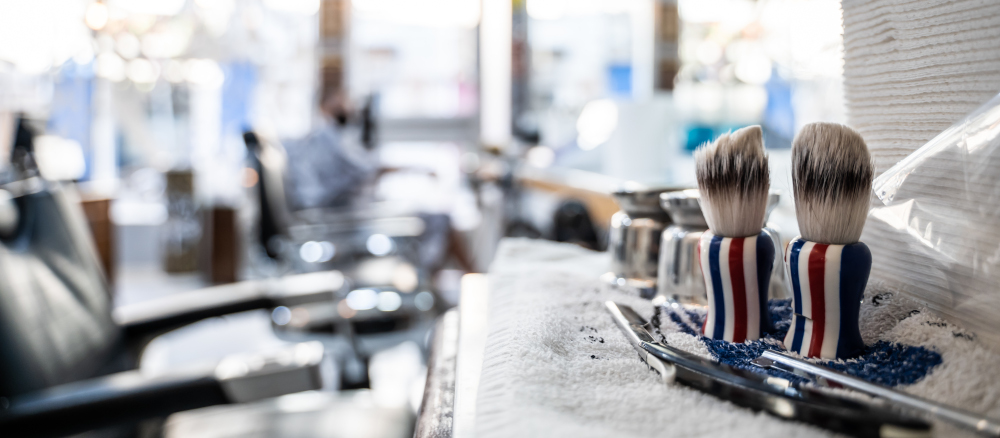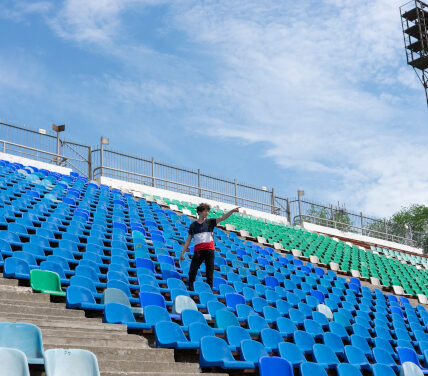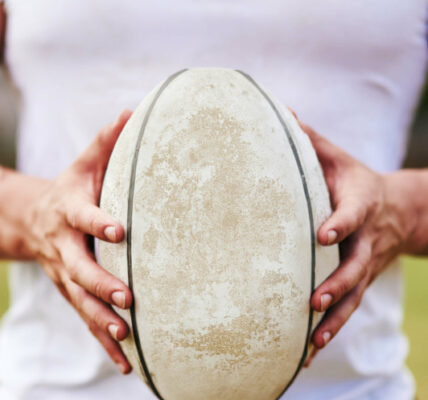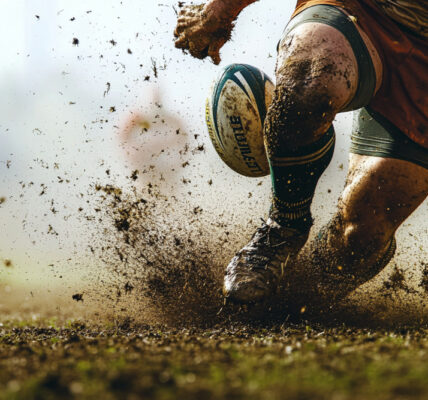There’s a place in every South African suburb where lineups are studied, not printed. Where speculation isn’t a sports desk but a swivel chair. A place where the clippers buzz like backline speed and the truth is always a little louder than the radio playing over it. It’s not a stadium. It’s a barbershop.
In KwaZulu-Natal, the rugby conversation doesn’t end at the final whistle, it continues in the chair. Fades and flattops come with match reviews. Lineouts are dissected between snips. And somewhere between the neck brush and the aftershave splash, real talk happens, about tactics, legends, scandals, and the future of the game. Welcome to the Barber Chair Confessional, the unfiltered nerve center of KZN rugby folklore.
On any given Saturday morning, you’ll find them. Teenagers lining up for a fresh cut before their U19 fixture. Old-timers coming in with weathered jerseys and bigger opinions. The barbershop is the only place where a tight five gets as much airtime as a tight fade.
Here, nothing is off limits. Why the Sharks need a new fly-half. Whether the Springboks should bring back the old-school crash-ball center. How that kid from Glenwood is the next Etzebeth, if someone just gave him a proper diet and a shot at Craven Week. The barbers, of course, have seen it all, coaches who used to sit in their chairs before matches, players who came in clean-shaven and left with dreams carved into their sides.
But the real currency isn’t skill. It’s story. And barbershop rugby gossip is its own kind of oral tradition. Forget press conferences. The hottest takes are delivered mid-shave. “You hear about the lock who didn’t show up to training because he was ‘spiritually offside’?” “Apparently the Sharks have a scout watching college games in Hillcrest, but don’t quote me.” “They say the Springboks’ halftime team talk against Georgia was mostly silence, and still they came out swinging.”
Some of it’s true. Some of it is beautifully made up. But all of it matters, because it shapes how fans experience the game. It’s folklore in the making, passed between fathers and sons, from razors to radio waves.
And sometimes, the players themselves feed the myth.
There’s a barbershop in Empangeni where a former Bok front row regular still drops by every few weeks. He never talks about “back in my day,” but he listens, really listens, to the kids and their wild theories. One time, someone suggested the Springboks should start every game kicking backwards just to mess with opponents. He laughed, hard, but the next weekend, South Africa did pull a reverse loop on kickoff. Coincidence? Maybe. Or maybe the chair knows more than we give it credit for.
In this chair, rugby isn’t sanitized. It’s raw. No spreadsheets, no pundits, just raw emotion and gut instinct. You hear stories about boys who gave up the game to care for family. Or coaches who got sidelined not because of losing streaks, but because they dared to challenge committee politics. You hear about the winger who played with a fractured rib because the scouts were there that day. And you hear about the boy whose mother brought him to every match, every practice, and eventually the barbershop, just so he could feel a little more like the legends he watched on TV.
And through it all, the clippers keep moving. Buzzing through memory. Shaving through myth. Creating a temporary sanctuary where rugby is more than a sport, it’s community. You learn a lot from watching faces in the mirror. Confidence. Doubt. The tight-lipped silence of someone whose season just ended early. The swagger of a boy who scored his first try. The quiet panic of a coach who knows next weekend’s fixture might be his last.
Barbers become therapists, strategists, mediators. They calm the nerves before debuts and cut loose the pressure after a bad loss. And when the dust settles, the mirror reflects something sacred, commitment. Even the worst haircut eventually grows back. But pride in your club? That sticks.
The halftime break is no longer 15 minutes. It’s three days of replay, banter, and conspiracy theories in barber chairs. Why did they switch the kicking strategy in the 33rd minute? Why was Kolisi pulled early? Was it fitness, or politics? And what was the assistant coach really yelling at the ref?
You’ll hear it all.
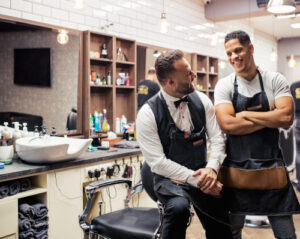 And while the rest of the country waits for post-match interviews, the barbershop already knows the answer. “That wasn’t a tactical change,” one barber will say with the certainty of a prophet. “It was a message. Mark my words, he’s trying to send a warning to Ireland.” And sometimes, sometimes, they’re right.
And while the rest of the country waits for post-match interviews, the barbershop already knows the answer. “That wasn’t a tactical change,” one barber will say with the certainty of a prophet. “It was a message. Mark my words, he’s trying to send a warning to Ireland.” And sometimes, sometimes, they’re right.
There’s something poetic about rugby being discussed in a space where legacy is literally shaped with blades. Just as a game can turn on a single break or fumble, so too can a haircut change the way a young man walks into school, into a stadium, into his future. Confidence, edge, discipline, it’s all connected.
One barbershop in KZN displays framed photos of local players who “made it.” From club level to provincial sides to the Boks. Not out of vanity, but as proof, this chair has stories. This chair has pressure. This chair has prophecy. And even when those players return, older, heavier, slower, they still sit down, remove their caps, and let the scissors remind them who they used to be, and who they still are inside.
There’s something spiritual about the ritual. You sit. You speak. You get shaped. It’s like confession meets comeback. And in KZN rugby, that matters. Because the game doesn’t live in stadiums alone, it lives in spaces like these, where the soul of sport is passed down in haircuts and half-truths.
So the next time you hear someone waxing poetic about possession percentages and player ratings, ask them when last they got a cut on a Saturday morning before a derby. Ask them what the old guys in the corner said about the ref. Ask them if they know what it feels like to have a legacy brushed off your shoulders with a few soft strokes and a final spritz.
Because in KwaZulu-Natal, the barbershop is more than just grooming.
It’s where rugby breathes. Where legends are made. And where truth, real or imagined, is always just a cut away.
